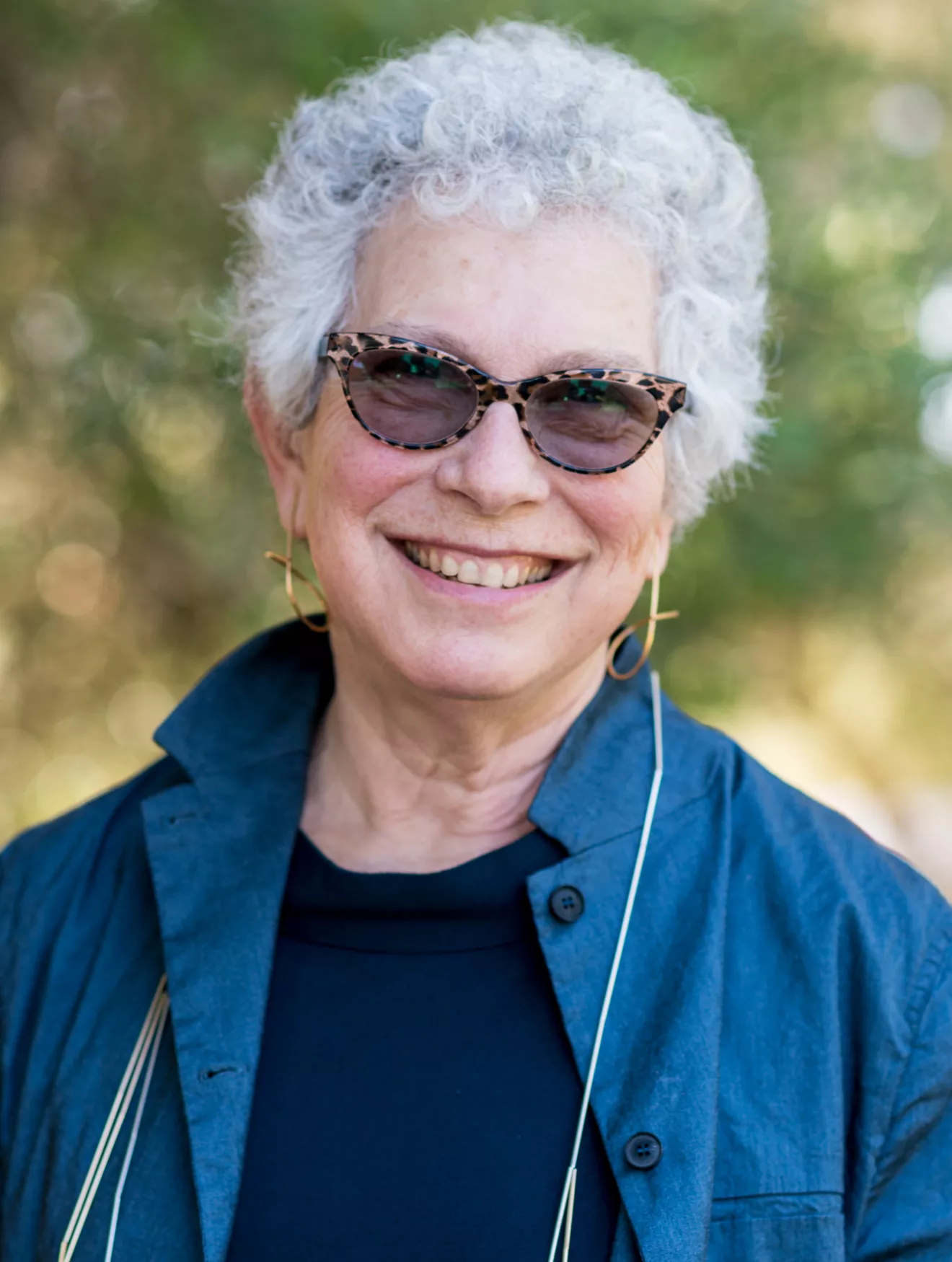
Margaret Levi ’68 asks big questions. How do organizations provoke their members to act in ways that do not directly benefit them? Why do citizens comply with—or disobey—the demands of democratic governments? Is trust necessary to a fully functional society?
A Stanford University professor of political science, Levi is noted for her work on comparative political economy, labor politics, and democratic theory, particularly the origins and effects of trustworthy government.
And in September, she will be awarded the Johan Skytte Prize in Political Science—considered the most prestigious award in the field—for “having laid the foundations of our understanding of why citizens accept state coercion, by combining theoretical acumen and historical knowledge.”
The existence of the state, Levi argues, relies on “a quasi-voluntary consent to being governed.” Witness the willingness to pay taxes, be conscripted for military service, and obey laws, even unpopular ones.
Absent such consent, rulers may build walls, place citizens under surveillance, bribe them with bread and circuses. But even under such dictatorial conditions, rulers may be vulnerable to revolt. So, governing, Levi demonstrates, is easiest when the governed consent, and the governed are most willing to give their consent when politics is perceived as being fair and inclusive.
The Skytte Prize, established in 1995, is given annually to the scholar who has made the most valuable contribution to political science.
Levi is Director of the Center for Advanced Study in the Behavioral Sciences and a professor of political science at Stanford University. She is also Jere L. Bacharach Professor Emerita in International Studies at University of Washington. She majored in political science at Bryn Mawr.
"Accompanying me daily are Bryn Mawr's famous but perhaps apocryphal aphorisms, 'Our failures only marry' and 'A clean house is a reflection of not being busy enough.' Even more significant is the superb education I received. I had to withstand constant challenges to my thinking from professors and peers. I learned to write fairly well and think independently. And those incredible women who were my classmates transformed my view of the capacities of all of us if given the opportunity." — Margaret Levi '68.